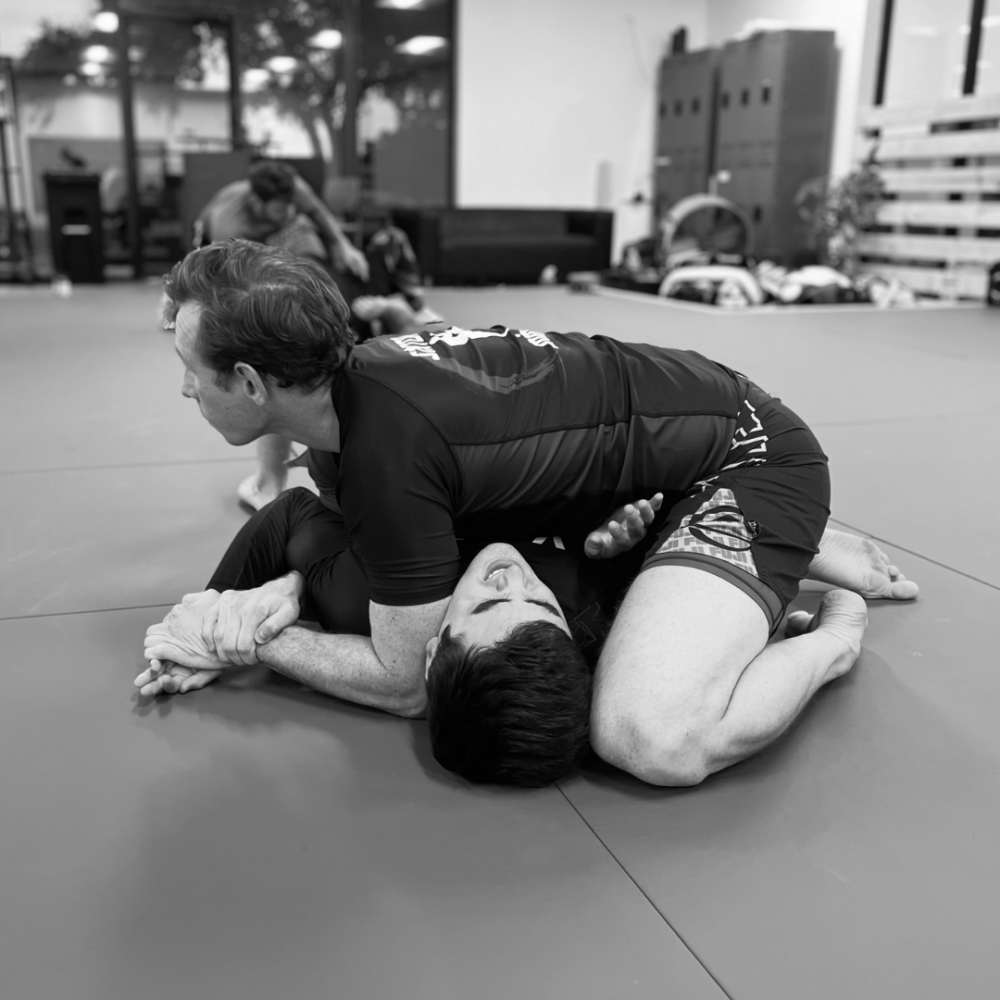How Long Does It Take to Get a Jiu-Jitsu Black Belt?
Unlike many other martial arts where a black belt can be earned in a few years, achieving this rank in BJJ is a long and challenging journey. But exactly how long does it take to get a BJJ black belt? The answer isn’t simple, as it varies greatly depending on several factors.
The Average Time Frame
On average, it takes about 8 to 10 years to earn a black belt in Brazilian Jiu-Jitsu. This estimate is based on consistent training, typically ranging from three to five times per week. However, this is just a general timeframe—some practitioners may achieve it faster, while others may take longer.
Key Factors
- Consistency and Frequency of Training:
- The frequency and quality of your training directly impact your progress. Training multiple times a week allows for quicker skill development, but it’s equally important to diversify your approach. Balancing different types of training—such as positional sparring, Ecco, flow rolling, defensive techniques, competitive sparring, and focused drilling—is crucial for well-rounded improvement. Additionally, studying off the mat is invaluable. Watching instructionals, analyzing competition footage, and reviewing your own rolls all contribute to deeper understanding and faster progression in Jiu-Jitsu.
- Training Partners:
-
Training with partners of varying skill levels helps you develop different aspects of your game. Rolling with less experienced practitioners gives you the opportunity to experiment with new techniques and sharpen your offense. Sparring with more advanced partners challenges your defense and exposes weaknesses in your game. Additionally, seeking feedback from your training partners can provide valuable insights and accelerate your progress.
- Natural Ability and Athleticism:
- While BJJ is a skill-based art where technique can trump brute strength, natural athleticism and physical attributes play a role, especially in the early stages. However, as you progress, technique and understanding of the art become far more critical.
- Dedication and Mindset:
- BJJ is as much a mental journey as a physical one. Those who approach their training with a growth mindset, remain patient, and embrace the challenges will find themselves improving steadily. Perseverance is crucial, as the journey is often filled with setbacks, injuries, and plateaus.
- Competition Experience:
- While competition isn’t required, it can be an excellent way to test your skills. The pressure and unpredictability of a match push you to adapt and refine your techniques in ways that regular training might not.
The Belt System: A Brief Overview
In BJJ, the belt system typically progresses through the following ranks: white, blue, purple, brown, and then black. Each belt represents a significant leap in skill, knowledge, and experience.
- White Belt: The beginning of your journey, where you learn the basics and build a foundation.
- Blue Belt: Typically earned after 1 to 3 years of training. At this stage, you start to develop a solid understanding of the fundamental techniques.
- Purple Belt: Often considered your first advance belt, can take 4 to 6 years to achieve. Purple belts have a deep understanding of the art and can begin to develop their own game.
- Brown Belt: This is a transitional belt, where practitioners refine their techniques and prepare for the black belt. It usually takes 6 to 10 years to reach this level.
- Black Belt: Achieving a black belt in BJJ is a testament to your skill, dedication, and perseverance. It signifies a deep understanding of the art, but also the beginning of a new phase of learning.
The Importance of Patience
Patience is essential on the road to a black belt. BJJ is a marathon, not a sprint. Many practitioners experience plateaus or periods of slow progress, which can be frustrating. However, these times are just as crucial as periods of rapid improvement. Embrace the process and focus on continuous learning rather than the destination.
There’s no shortcut to a black belt in Brazilian Jiu-Jitsu. It requires years of dedication, consistent training, and a passion for learning. Whether it takes you 8 years or 20 years, the key is to enjoy the journey, learn from every experience, and keep pushing forward. It is a continuous process, there’s always more to learn.
 V.O.W. Jiu-Jitsu Blog"
style="object-position: ;"
>
V.O.W. Jiu-Jitsu Blog"
style="object-position: ;"
>
